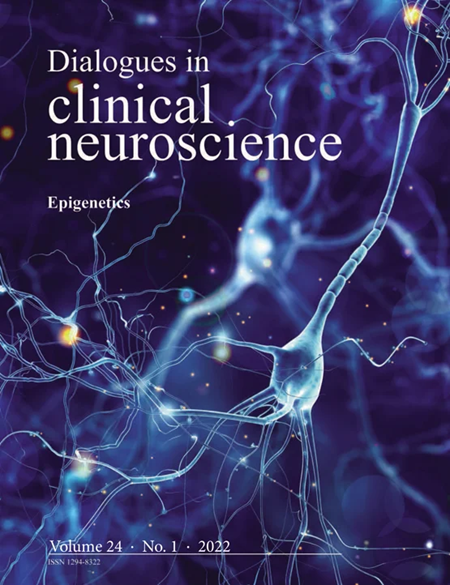Nonpharmacological treatment of dyscognition in schizophrenia: effects of aerobic exercise
IF 8.3
2区 医学
Q1 Medicine
引用次数: 6
Abstract
Cognitive symptoms are a core feature of schizophrenia and are related to an unfavorable disease outcome. So far, there are no satisfactory pharmacological approaches to address cognitive symptoms. For some time now, aerobic exercise has been demonstrated in various trials to be a promising candidate for this indication. The aim of this brief qualitative review was to present the most recent meta-analyses regarding the capacity of exercise to improve cognition in schizophrenia patients. Additionally, we give a short overview of the effects in other conditions, like healthy subjects and patients with major depression. We conducted a focused literature search using the PubMed database, concentrating on meta-analyses which are based on a systematic search. The most recent meta-analysis investigating the efficacy of aerobic exercise on cognitive impairments in schizophrenia patients provides evidence that exercise has positive effects on cognitive functioning in this population. However, the effect seems not to be specific; there were positive findings regarding healthy subjects and patients with depressive disorders as well, even if they were less consistent. As most available trials have a small to modest sample size and have no consensus with regard to the intervention regime, nor to the assessment of cognition, the findings are difficult to generalize. In the future, standardized clinical trials focusing on the long-term effects of exercise are needed to evaluate whether the improvements in cognition are sustainable.精神分裂症认知障碍的非药物治疗:有氧运动的影响
认知症状是精神分裂症的核心特征,并与不利的疾病结局有关。到目前为止,还没有令人满意的药理学方法来解决认知症状。一段时间以来,有氧运动已经在各种试验中被证明是治疗这种适应症的有希望的候选者。这篇简短的定性综述的目的是介绍关于运动改善精神分裂症患者认知能力的最新荟萃分析。此外,我们还简要概述了在其他情况下的影响,如健康受试者和重度抑郁症患者。我们使用PubMed数据库进行了重点文献检索,集中于基于系统检索的元分析。最近的荟萃分析调查了有氧运动对精神分裂症患者认知功能障碍的影响,提供了证据表明运动对这一人群的认知功能有积极影响。然而,这种影响似乎并不具体;对健康受试者和抑郁症患者也有积极的发现,即使他们不那么一致。由于大多数可用的试验样本量小到中等,并且在干预方案和认知评估方面没有达成共识,因此研究结果很难推广。在未来,需要标准化的临床试验来关注运动的长期影响,以评估认知方面的改善是否可持续。
本文章由计算机程序翻译,如有差异,请以英文原文为准。
求助全文
约1分钟内获得全文
求助全文
来源期刊

Dialogues in Clinical Neuroscience
Medicine-Psychiatry and Mental Health
CiteScore
19.30
自引率
1.20%
发文量
1
期刊介绍:
Dialogues in Clinical Neuroscience (DCNS) endeavors to bridge the gap between clinical neuropsychiatry and the neurosciences by offering state-of-the-art information and original insights into pertinent clinical, biological, and therapeutic aspects. As an open access journal, DCNS ensures accessibility to its content for all interested parties. Each issue is curated to include expert reviews, original articles, and brief reports, carefully selected to offer a comprehensive understanding of the evolving landscape in clinical neuroscience. Join us in advancing knowledge and fostering dialogue in this dynamic field.
 求助内容:
求助内容: 应助结果提醒方式:
应助结果提醒方式:


